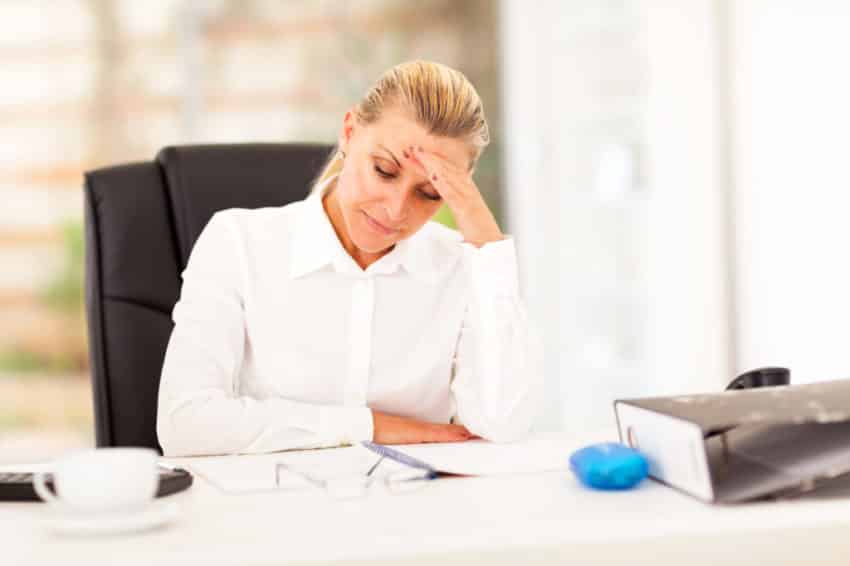Over-60s, 50-59-year-olds and new mothers are three of the groups most likely to miss out on government self-employed support because they went into freelancing too recently, according to new research.
The research shows that there were 83,000 more self-employed people aged 60 or over last year out of a total 156,000 rise in the number of self-employed people. This was an increase of 11 per cent on the previous year. There were also 38,000 more 50-59-year-olds (an increase of 3%) and 22,000 more 16-29-year-olds (an increase of 4%). There were also 25,000 more self-employed mothers (a 4% increase on the previous year).
The Self-Employment Income Support Scheme, introduced last month to provide income support to self-employed people during the Coronavirus crisis, is unlikely to help most of these people because it is only open to self-employed people who filed a tax return for the year 2018-19.
IPSE’s research also found that occupationally, between 2018 and 2019, the largest increases in self-employed people were in teaching and education, artistic, literary and media occupations and legal professions. At 24 per cent, the increase in the number of teaching and education professionals was particularly sharp.
Despite these increases, however, the research showed that the top solo self-employed professions are still construction and building trades, road transport drivers, artistic, literary and media occupations and agricultural and related trades.
Across the UK, the highest increases in self-employed people were in South East England, North West England, North East England and Scotland. Overall, however, the self-employed community is most concentrated in the South East, Greater London and the South West.
Chloé Jepps, Head of Research at IPSE (the Association of Independent Professionals and the Self-Employed), who carried out the research said: “This research, looking at the year-on-year increase in the number of self-employed, suggests the groups that were growing most quickly last year and are therefore most likely to miss out on support now.
“The groups most at risk of being left out in the cold seem to be not only older freelancers, but also mothers – who are if anything more likely to be in need of support.
“In 2019, more and more people were going into self-employment for the freedom and flexibility this way of working provides – the freedom to fit your work around your life rather than the other way round. Now, however, these people’s incomes are drying up and, because of a flaw in the government’s support scheme, most are not getting the help they need to keep their businesses afloat.
“The government must get the newly self-employed – as well as limited company contractors and others who are missing out – the help and support they need. We urge the government to extend the Self-Employment Income Support Scheme to people who became self-employed in 2019/20 – and use this year’s tax returns to get them the financial assistance they need.
“The self-employed are the dynamo of the UK economy – they contributed £305bn last year alone – and we will be looking to them to get the economy back on its feet in the coming months. But to do that, all parts of the varied and diverse self-employed community urgently need support now.”


